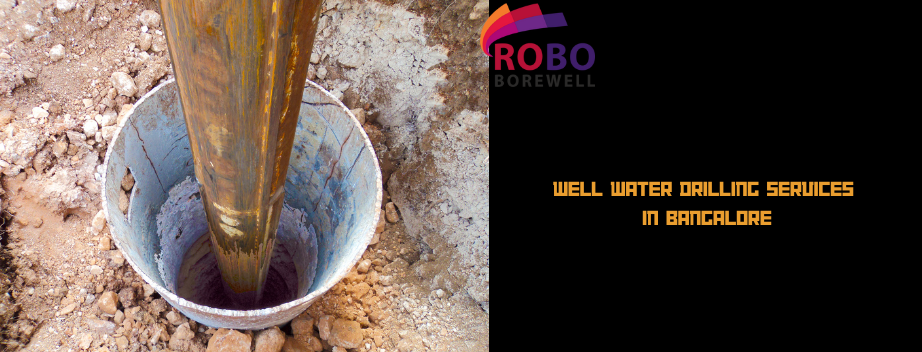
Clean water is essential for domestic and commercial purposes. The increased urbanization and resultant demand for water in Bangalore call for Well Water Drilling Services In Bangalore. In this guide, we explore well water drilling services in Bangalore in detail, discussing the process, advantages, and regulations and offering practical advice to homeowners and businesses alike.
Understanding Well Water Drilling:
Well water drilling involves drilling: This into the earth to reach beneath the surface of the aquifers. The aquifers are sources of natural water, and their extraction is made possible by installation of pumping systems. Well Water Drilling Services In Bangalore
, wells come in two main varieties:
Farewells: These wells reach water reserves by piercing numerous layers of dirt and rock. They are usually common where the water table is deep.
Open Wells: Shallow wells that draw water boring from the upper water table. They are less common in urban Bangalore because of land constraints.
Why opt for Well Water in Bangalore?
Water Scarcity:Well Water Drilling Services In Bangalore, suffers from chronic water shortages because of its growing population and limited surface water sources. Well water is supplementary.
Cost-Effective: Well drilling can help break dependence on municipal water supplies and water tankers, thus saving money in the long term.
Reliable Supply: Unlike piped water, well water can be a consistent supply, even during peak summer months.
Quality Control: Proper filtration allows well water to be treated to high-quality standards for domestic and industrial use.
Process of Well Drilling:
Survey and Site Assessment:
Experts conduct a hydrogeological survey to determine the most suitable location for drilling.
Factors such as soil type, water table depth, and proximity to contamination sources are evaluated.
Obtaining Permits:
Well Water Drilling Services In Bangalore, drilling requires approval from the Karnataka Groundwater Authority.
The necessary documents are land ownership proof and a no-objection certificate from the local authorities.
Drilling:
Advanced drilling rigs are used to bore into the ground.
The depth depends on the water table. It ranges from fifty feet to upwards of 1,000 feet.
Casing Installation:
A casing pipe is installed to prevent soil and debris from entering the well.
This also ensures the structural integrity of the well.
Pumping System Installation:
Submersible or jet pumps are provided to draw borehole drilling from the well.
Power supply connections and backup systems are also established
Testing and Commissioning:
The quantity and quality of water extracted is tested for its adherence to the required standards
Appropriate adjustments are made before handing over the well for use.
Key Players in Well Drilling Services in Bangalore:
There are many companies and independent contractors who provide Well Water Drilling Services In Bangalore
They offer:Hydrogeological Survey: Identifying the best drilling locations.
Borewell Drilling: Using sophisticated well drill machinery for accurate drilling.
Maintenance and Repairs: Providing cleaning, repair, and pump replacement services.
Well Water Drilling Services In Bangalore treatment involves setting up sorting systems to ensure excellent water quality.
Take into consideration variables like expertise, feedback from customers, cost, and regulatory compliance when choosing an assistance provider.
Costs Involved:
The cost of well water drilling in Bangalore depends on several factors:
Depth of Drilling: The cost is higher for deeper wells as it consumes more labor and machinery.
Soil and Rock Type: More costly for harder terrains because they require specialized equipment.
Pumping Systems: High-capacity pumps and filtration systems add to the overall cost.
Permits and Surveys: Legal and professional fees add to the total cost.
With more equipment and upkeep, drilling a borewell in Bengaluru typically costs between fifty thousand dollars and ₹2,50,000.
Laws Controlling Well Drilling:
Well Water Drilling Services In Bangalore, there are strict regulations for drilling wells to ensure sustainable use of groundwater. The main regulations include:
Karnataka Groundwater Act: Requires drilling permits and limits over-extraction of groundwater.
Rainwater Harvesting: Compulsory for premises above a certain size, which reduces dependence on groundwater.
Distance Criteria: Wells have to be drilled at specific distances from septic tanks and other sources of contamination.
If these regulations are not followed, there can be penalties or closure of the well.
Difficulties in Well Water Drilling:
Degrading Water Tables: Over-extraction has resulted in falling water tables, increased drilling costs, and higher risks.
Pollution Risk: The purity of water can decrease as a result of urban pollution flowing into aquifers.
Administrative Barriers: Due to bureaucratic hold-ups, obtaining a permit might be a time-consuming procedure.
Gear and Skill: Although they are hard to get, high-quality equipment and knowledgeable operators are essential.
Environmental Issues:
Well water drilling has serious environmental implications:
Recharge of Groundwater: Promoting rainwater harvesting is essential for the recharge of aquifers.
Long-Term Availability through Monitoring and Limiting the Water Extracted.
Prevention of Pollution by proper sealing and well maintenance will avoid pollutants from penetrating into the water.
Well Maintenance and Care
To prolong the service life and to function properly, your well should undergo regular maintenance
Clean your well periodically to enhance flow through the removal of debris and sediment accumulation
Examine the pumps and correct their failures before they break down.
Carry out regular testing to ascertain whether the water is safe for consumption.
Tips for Choosing a Well Drilling Service:
Check Credentials: Verify the licenses and certifications of the service provider.
Compare Quotes: Obtain multiple quotes to ensure competitive pricing.
Inspect Equipment: Ensure the contractor uses modern, well-maintained machinery.
Read Reviews: Look for customer feedback to gauge reliability and quality.
Case Studies:Residential Project in Whitefield
A homeowner successfully drilled a 600-foot borewell, ensuring a consistent water supply for daily needs. The project included rainwater harvesting integration for sustainability.
Industrial Installation in Peenya:
A manufacturing company installed a high-capacity borewell to meet the needs of its production.Highly advanced filtration systems were also provided to ensure water quality was up to the mark.
Future Well Drilling Trends:
Smart Technologies: Automatic and IoT-based systems for water level monitoring and pump performance.
Eco-Friendly Practices: Rainwater harvesting and sustainable drilling practices.
Policy Enhancements: Stricter policies for balancing urban development with environmental conservation.
Conclusion:
Well water drilling services in Bangalore are crucial to the city's water supply. Individuals and businesses can make informed choices if they are aware of the methods, costs, and rules involved. For many years to come, a steady and environmentally friendly water supply may be guaranteed by collaborating with reliable suppliers and implementing environmentally friendly procedures.


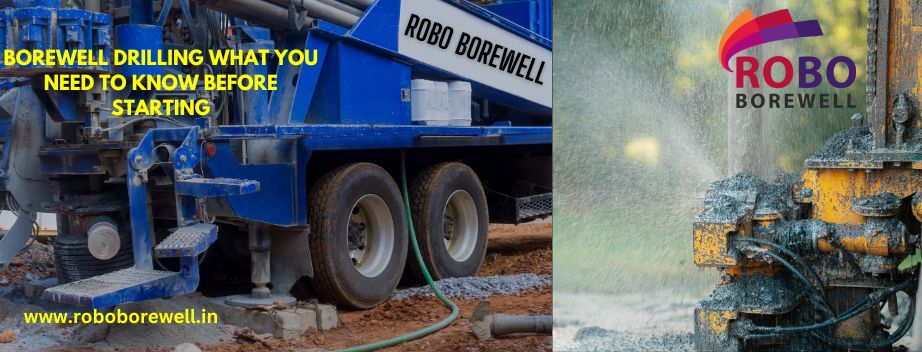
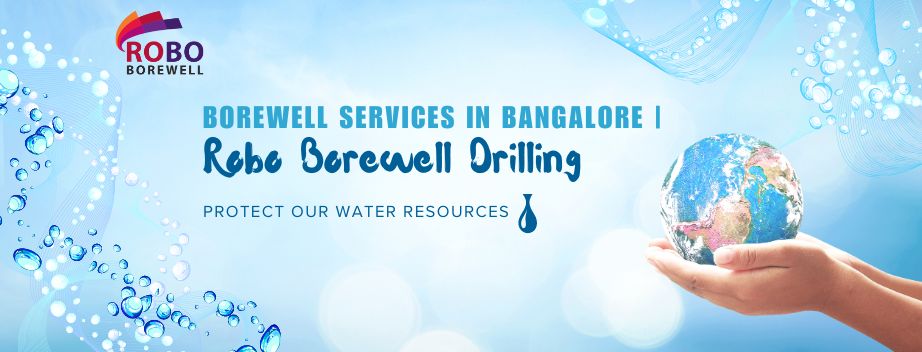


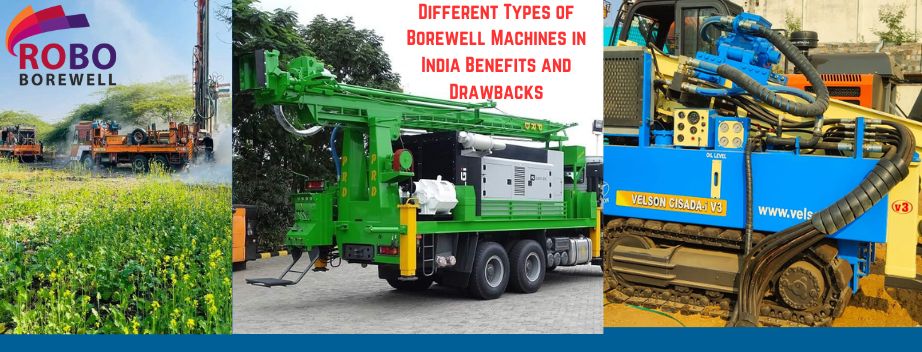
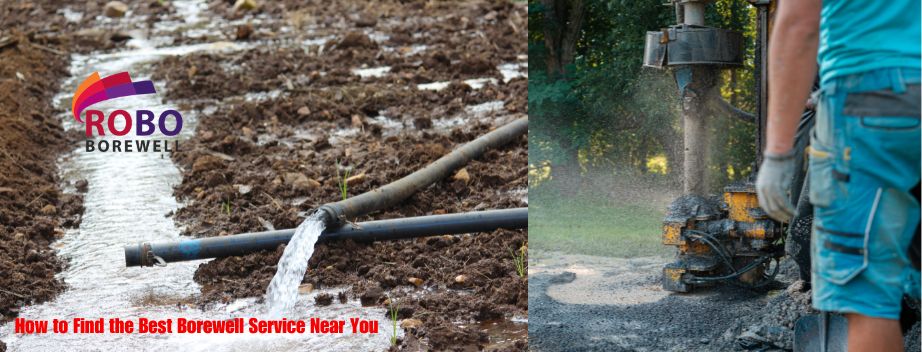
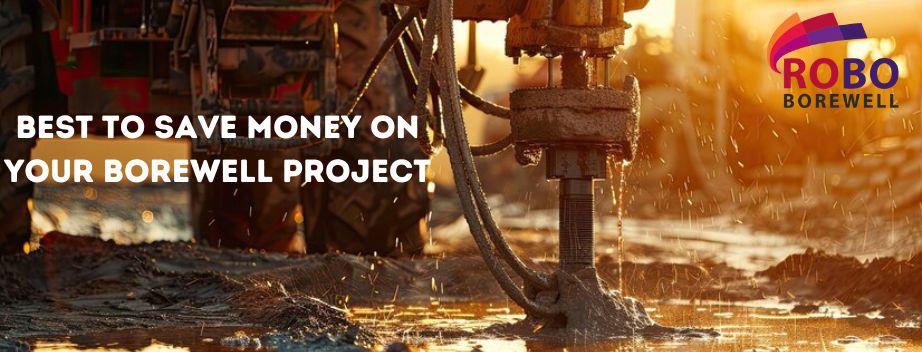
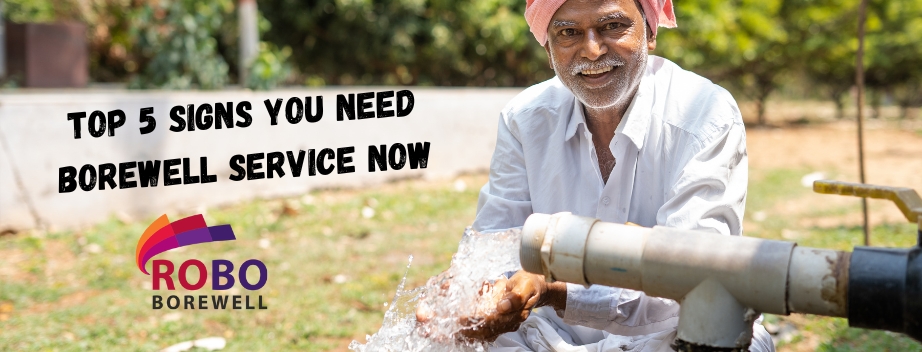
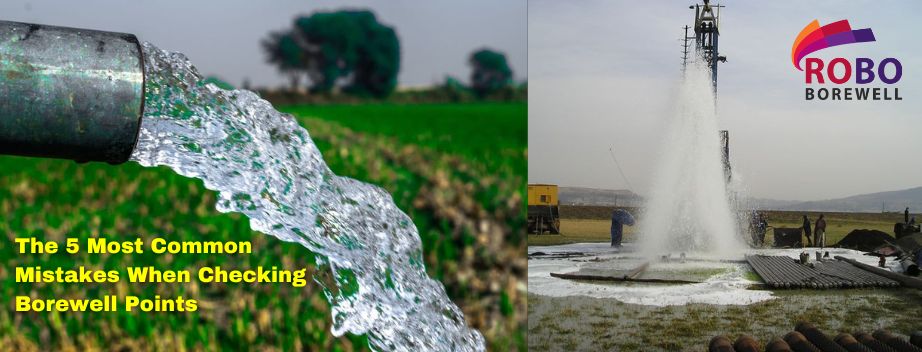
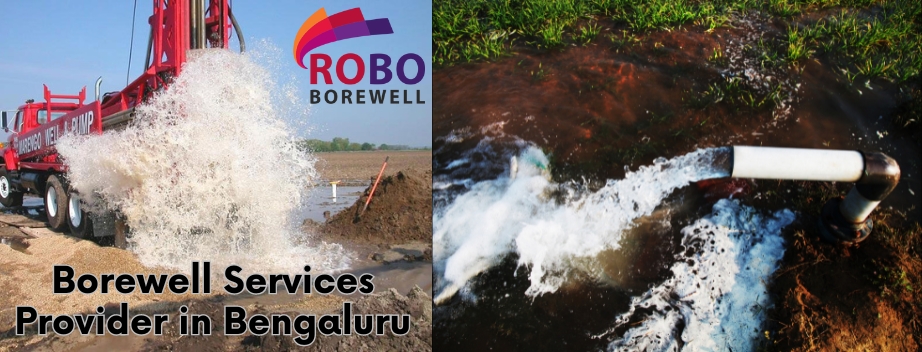
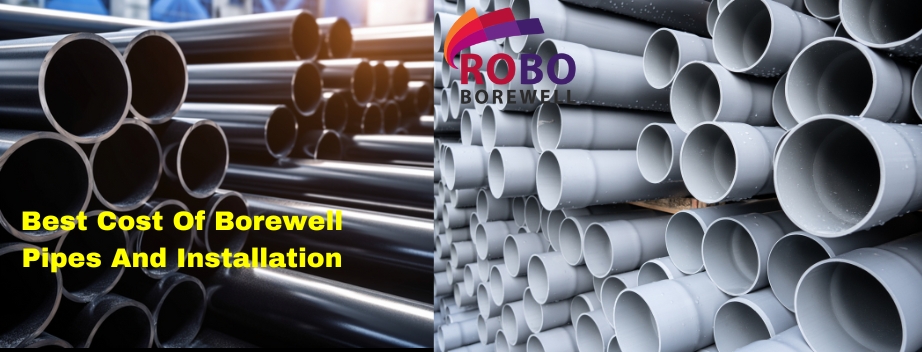
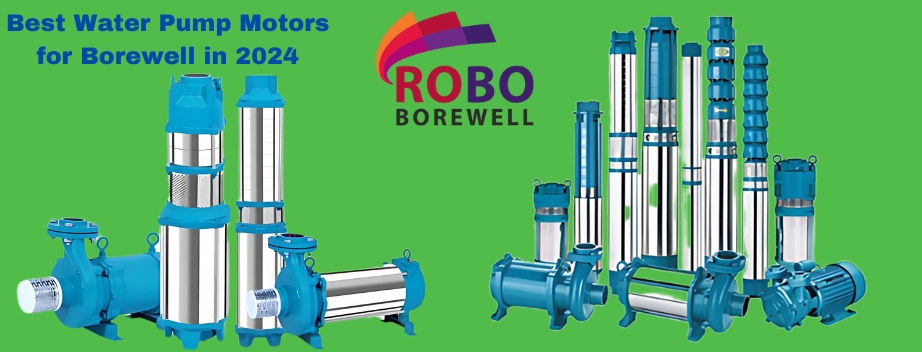
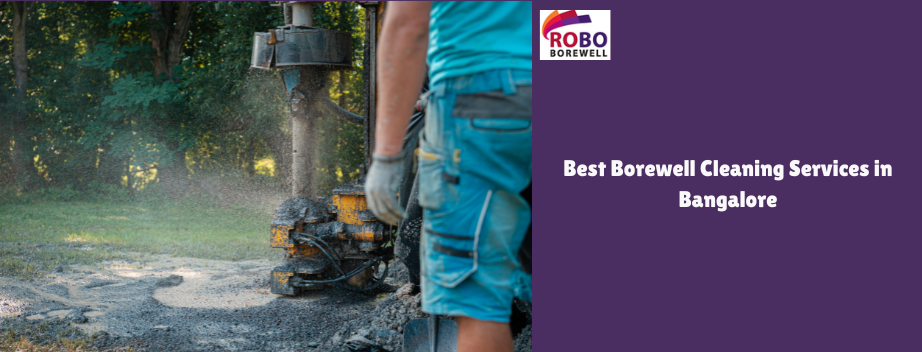


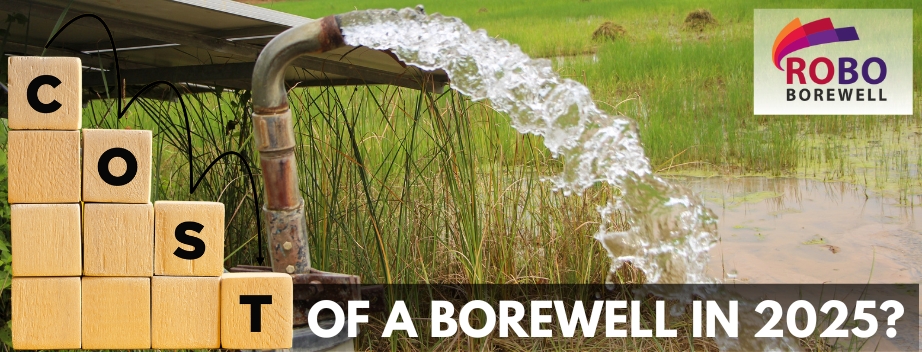


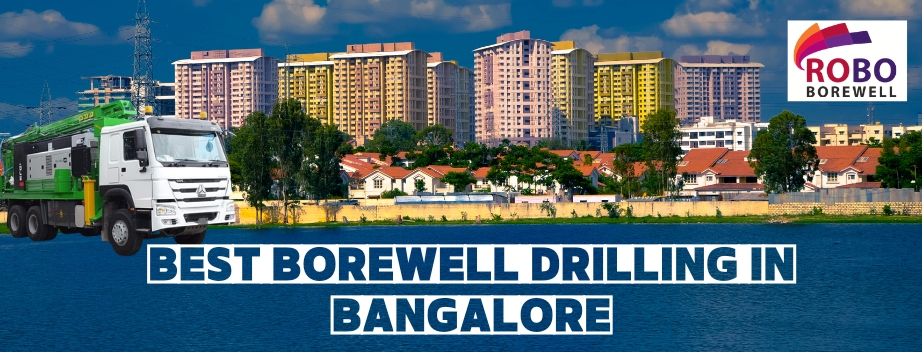
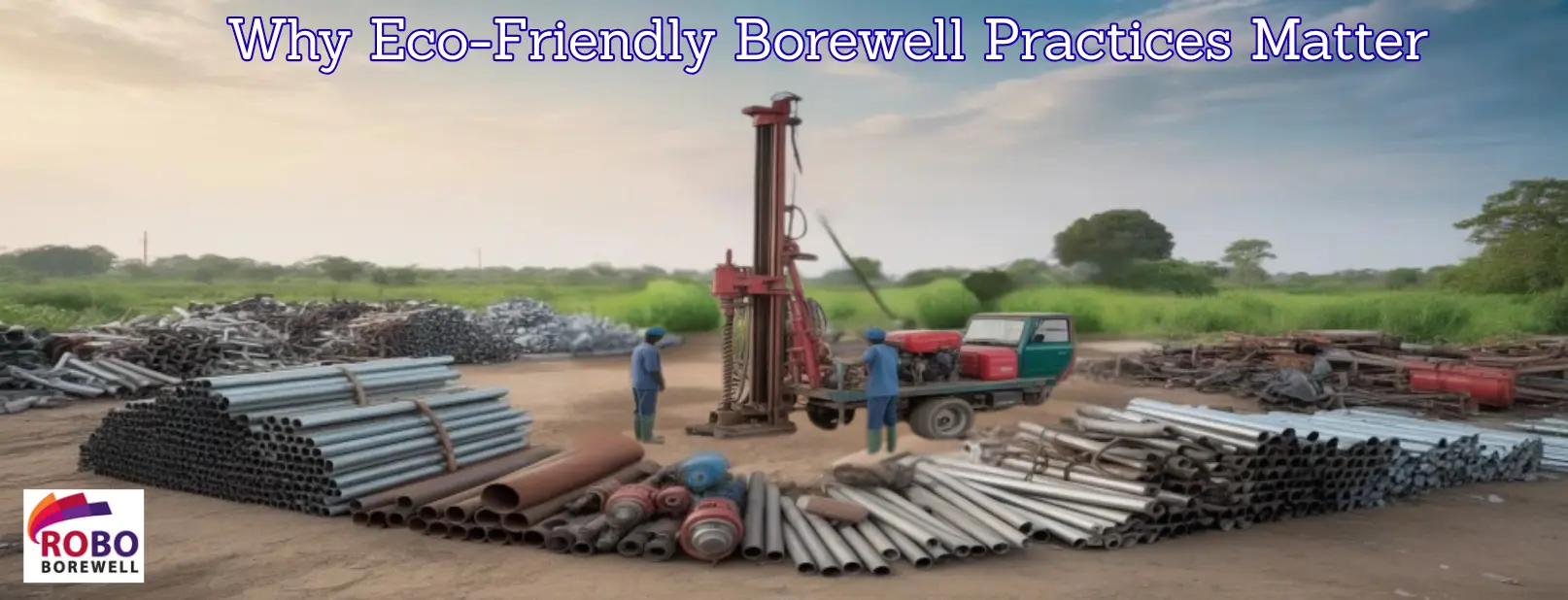
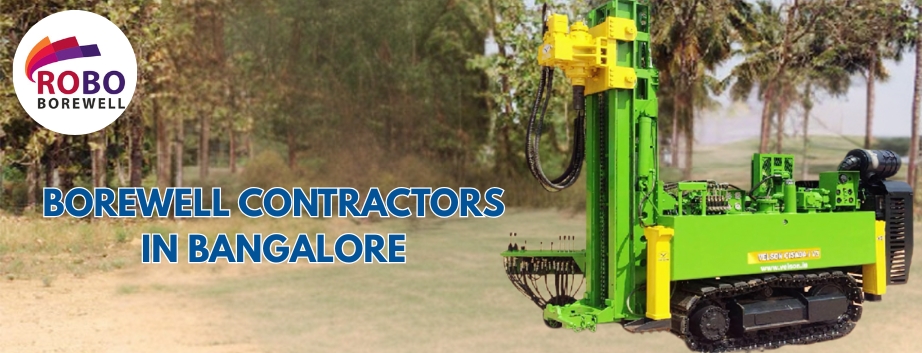
Add a comment